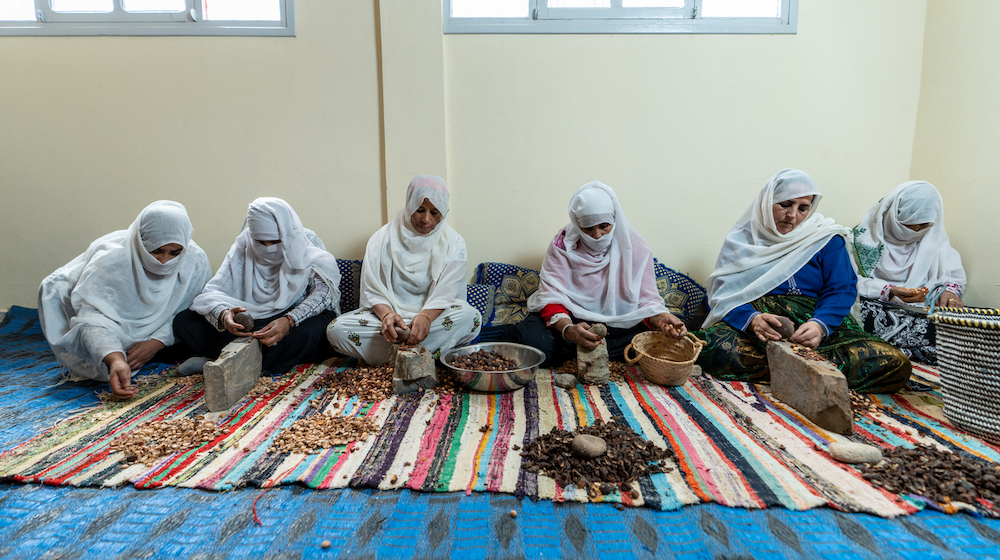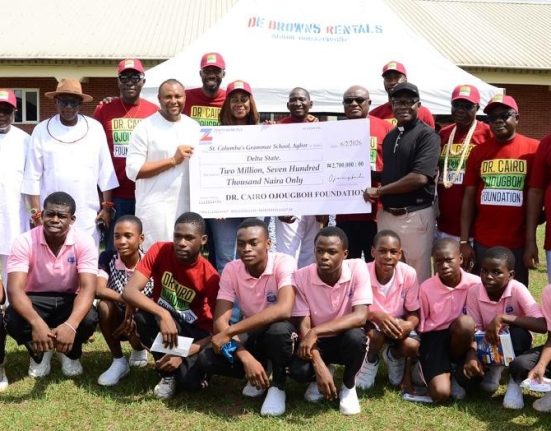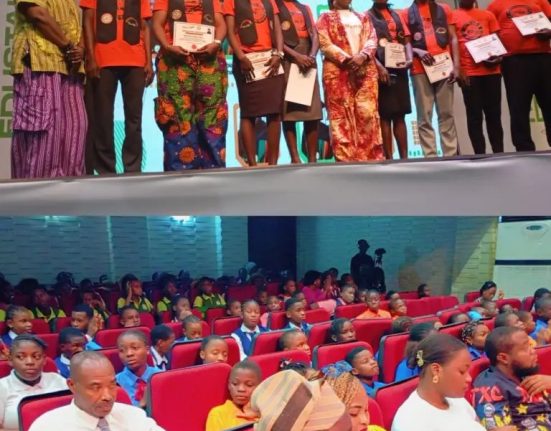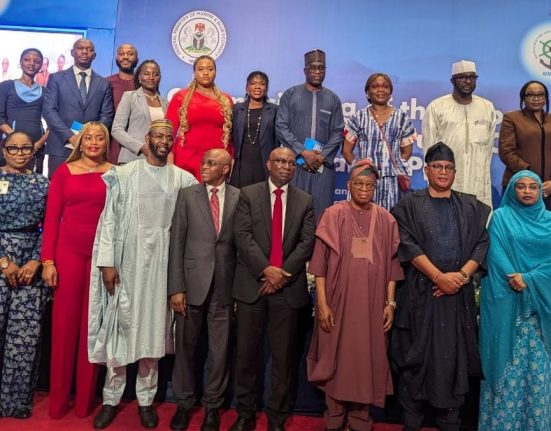“Women play an irreplaceable role in preserving the Argan forests,” said Jamila Idbourrous, Director of the Union of Argan Oil Women’s Cooperatives in Agadir, Morocco.
Known as the “tree of life”, Morocco’s native Argan tree is critical to the economic and cultural well-being of millions of people. The export of Argan oil, used worldwide for cooking and cosmetics, has become a multi-billion-dollar industry.
Meanwhile, local Moroccan communities use Argan oil to treat illnesses, and its fruit, leaves and seed pulp to feed livestock.
Fadma Haddi is one woman whose fate has become intertwined with that of the Argan forests near her home in Agadir, Morocco. She makes her living cultivating Argan trees and harvesting their nuts to produce oil.
Women like her have practised sustainable harvesting for generations – and these traditions have only become more important as the global climate crisis takes grip. While Argan trees are hardy and can withstand drought and severe heat, Morocco’s forests have begun to shrink as temperatures have risen.
This deterioration has the potential to compromise the lives and futures of the women and girls who tend the forests. “When climate disaster strikes, it’s a disaster for women and girls,” said UNFPA Executive Director Dr Natalia Kanem.
Escalating temperatures, escalating threats for women and girls
According to research by UNFPA, the United Nations sexual and reproductive health agency, climate crises raise the risk that gender-based violence will occur, that access to essential sexual and reproductive health services will be challenging or suspended altogether, and that maternal health outcomes will worsen.
Meanwhile, in Morocco, the climate-related risks posed facing Argan forests also jeopardise the income women and girls derive from them.
Read Related News:
Roundup: Experts warn hunger, food insecurity rising in Africa
Ogun, FG, IFAD distribute agro-inputs to farmers
This heightens the risk of many sliding into poverty, dropping out of school or becoming vulnerable to violence and harmful practices like child marriage.
To counter this, UNFPA supported launch of coalition of NGOs to help women and girls tackle challenges of climate change.
Fadma’s cooperative is a member of the coalition and a union of Argan oil harvesters in Agadir. Local cooperatives like Fadma’s employ tens of thousands of women to cultivate the trees and extract their oil.
“The initiative focuses squarely on women and girls who are at risk of being left behind. This is so, especially for girls who are living in rural areas,” UNFPA’s Assistant Representative for Morocco, Abdel-Ilah Yaakoubd said.
“It puts a special emphasis on the big issues that affect them – from social protection to jobs and climate change. And it aims to improve their skills and opportunities in life,” Yaakoubd said.
Growing together
Before Ms. Haddi joined the women’s cooperative, she did not make a regular income. Since joining the union, however, she has begun receiving a monthly payment for her work in the Argan forests.
“The money helps us share household expenses and puts our children through school,” she said. The cooperative stands as an example of how preserving the natural world helps set future generations up to succeed.
“Overall, these actions help to make women and girls, their communities and the forests they depend on, even more resilient. This so while conserving and learning from their rich heritage,” said Mr Yaakoubd. (Source: UNFPA)
Do you have a flair for Citizenship Journalism? Share story(ies) of happenings in your area with The NewsZenith on WhatsApp: 08033668669 or thenewszenith@gmail.com







